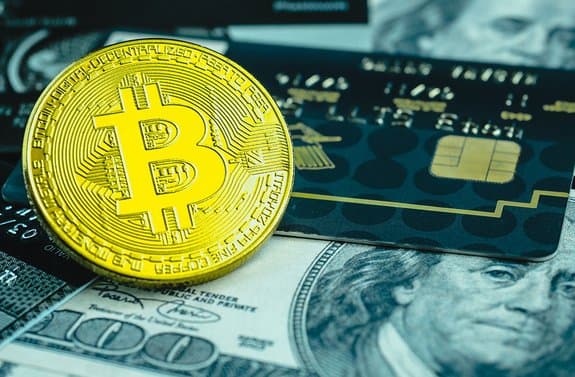
Facebook's Libra and the cash debate
In 2017, a young French artist designed brand-banknotes with Mark Zuckerberg on the 100 note, posing the theoretical question, what would happen if brands became states with their own currencies? Less than two years later, Facebook officially announced their own digital currency, Libra, a 'global currency and financial infrastructure'.
Facebook is experimenting with an alternative global currency, but gambling with the stability of financial and monetary systems worldwide.
The sheer scale of the Libra project, powered by 25 global brands with billions of users behind them, threatens to undermine existing state-issued currencies. The impact of a global currency of this scale on economic systems is simply unprecedented and unpredictable. Existing monetary and financial institutions rely on trust, and as transparent as Libra claims to be, it is still an evolving privately-owned digital currency belonging to a company still making up for mass media betrayals.
After last year's Facebook–Cambridge Analytica data scandal, can the social media company be trusted with a digital currency? A history of irresponsible data management aside, is it even ethical for money be managed by any social network? Ultimately, is it safe for consumers? What would an alternative currency mean?
Facebook insists that its Libra is 'not another data grab', but critics are already skeptical.
“Facebook coin will do for money laundering what Facebook did for fake news — likely lead to an explosion in terrorist financing,” said Charlie Delingpole, CEO of Comply Advantage, an anti-money laundering consultancy."
Excerpt from Politico (Jun 17, 2019)
But with this big step into the tightly regulated world of finance, the company will expose itself to a type of regulatory intrusion that is not common in its traditional realm of online media. Chief among the concerns, according to experts, are the possibilities that Facebook’s global coin could be exposed to money laundering using the company’s main website and its sister platforms WhatsApp and Instagram.
'Libra: a simple global currency and financial infrastructure that empowers billions of people Libra’s mission is to enable a simple global currency and financial infrastructure that empowers billions of people.'
Two of the 24 founding members are major companies, which, in 2017, launched a war on cash. Mastercard published The Road to Inclusion paper about going cashless and Visa launched a Cashless Challenge campaign.
Both were met with a growing resistance to cash discrimination. Major American cities (and one state) have since decreed it illegal for businesses to discriminate against cash-paying customers, a leading consumer group in the UK ran a successful petition to protect the option to pay in cash, and even Sweden's government has passed a law to ensure all bank branches handle tangible cash.
'The company is likely to run into regulatory hurdles and antitrust concerns, especially at a time when many regulators want to break up Facebook, but no specific legislation has been put forth ahead of the launch. '
Every coin has two sides, even a digital Libra coin. On the one side, a global currency has interesting potential of complementing tangible cash...on the other side, in a cashless society, Libra could embody big brother on an unprecedented scale. What would promising to charge 'lower fees' mean in a cashless society where there's no alternative but to accept any fee deemed fair by the payments provider?
Senators from both Democratic and Republic parties reprimanded a Facebook's representative for the social media company's history of betraying user's privacy makes, claiming that it makes any prospects of Libra's success 'delusional'.
Reuters reports that tremors were felt across the cryptocurrency market 'with bitcoin losing over 10% in value after U.S. lawmakers grilled Facebook'.
“Facebook has demonstrated through scandal after scandal that it doesn’t deserve our trust,”
The world watches on as the concept of cryptocurrency is questioned as a whole, quietly losing faith in "cyber-money" and exchanging the crypto coins for real cash where possible. Facebook's representative, David Marcus (top executive for Libra) persists, arguing that other nations could do the same but uphold 'different values' - a view that might be more convincing coming from a company with a reputation of upholding its value. Meanwhile, lawmakers continue the fight to protect the option to pay with trusty cash.








